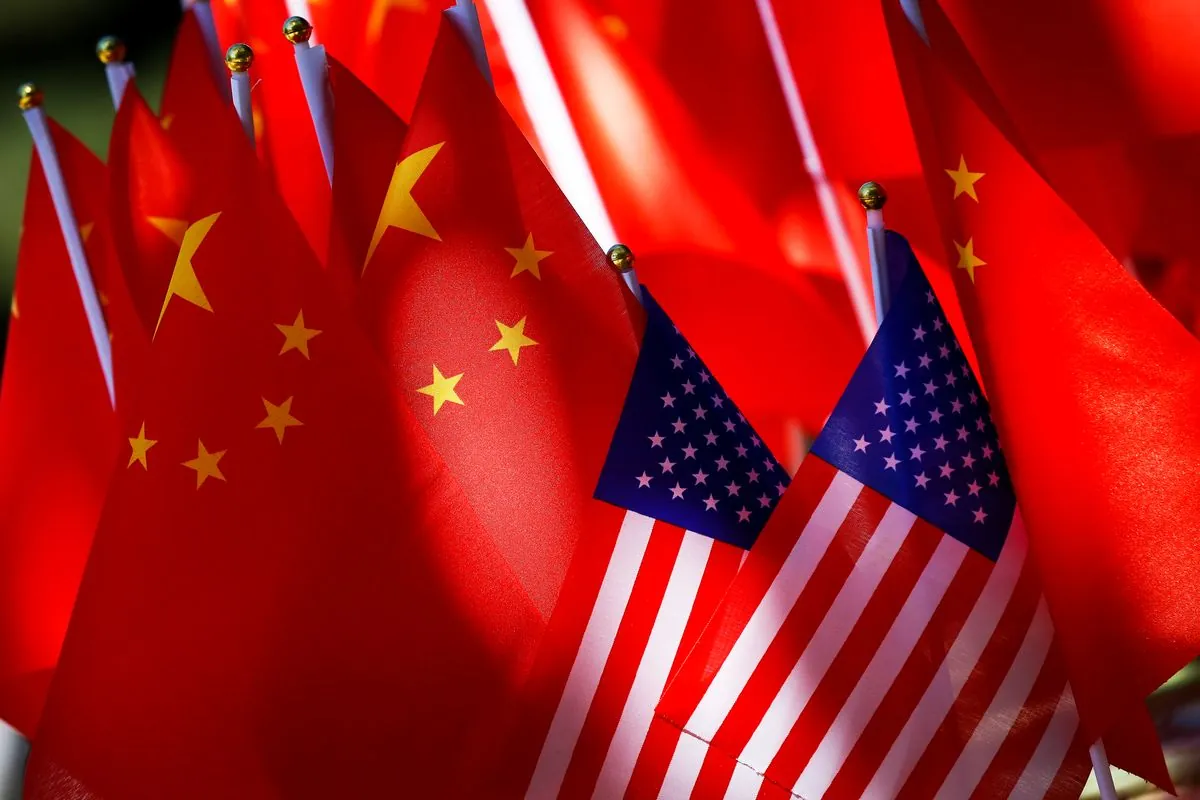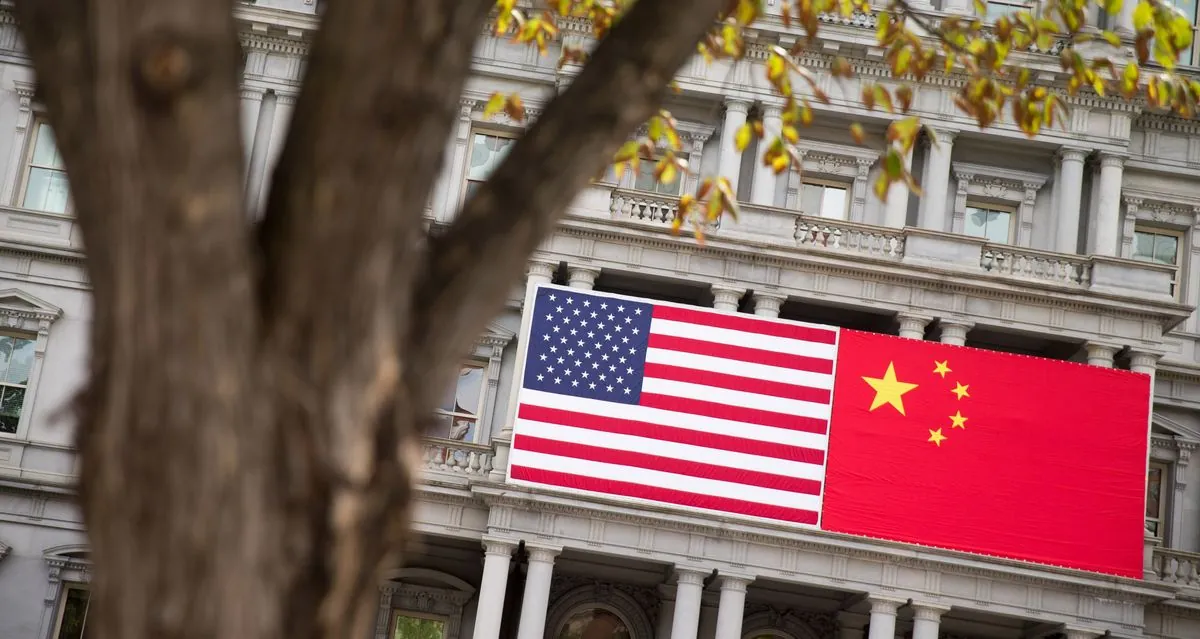US Government Funding Linked to Over 1,000 Chinese Patents
US agencies funded research leading to 1,020 patents for China-based inventors since 2010, sparking debate over US-China science pact. Patents cover sensitive fields like biotech and semiconductors.

Recent data from the U.S. Patent and Trademark Office reveals that various US government agencies have funded research resulting in 1,020 patents for China-based inventors between 2010 and early 2024. This information has intensified the debate surrounding the US-China Science and Technology Agreement, a cooperation deal established in 1979.
The patents, covering strategic fields such as biotechnology and semiconductors, have raised concerns among US lawmakers. Representative John Moolenaar, chairman of the House select committee on China, expressed alarm over US taxpayers inadvertently funding these patents, with 92 resulting from Pentagon funding alone.

The breakdown of patents by funding agency shows:
- Department of Health and Human Services: 356 patents
- Department of Energy: 175 patents
- Department of Defense: 92 patents
- NASA: 4 patents
Notably, NASA faces legal restrictions on cooperating with China or Chinese entities, highlighting the complexity of international scientific collaboration.
The patent data spans various fields, including:
- Pharmaceuticals: 197 patents
- Biotechnology: 154 patents
- Semiconductors
- Molecular chemistry
- Polymers
- Chemical engineering
- Nanotechnology
- Medical technology
While the number of such patents peaked at 99 in 2019, it has since declined to 61 in 2023, with 16 recorded in the first quarter of 2024.
Critics argue that the US-China Science and Technology Agreement disproportionately benefits China, potentially compromising US national security. Proponents, however, maintain that ending the agreement could hinder academic and commercial cooperation, limiting US access to Chinese technological advancements.
The agreement, which expired in August 2023, has been under short-term extensions as both sides seek to renegotiate its terms. The State Department, responsible for such negotiations, stated its commitment to advancing and protecting US interests in science and technology.
It's worth noting that China has recently surpassed the US as the world's leading filer of patent applications, reflecting its growing role in global innovation. While patents grant exclusive rights to inventors, they also publicly disclose technical information about inventions, contributing to the broader scientific community.
As the debate continues, policymakers must balance the benefits of international scientific cooperation with concerns over intellectual property protection and national security.
"We hope that some officials in the U.S. will abandon the Cold War mentality. Science and technology is an open business."
This ongoing controversy underscores the complex relationship between the US and China in the realm of scientific and technological advancement, highlighting the need for careful consideration of collaborative agreements in an era of increasing geopolitical competition.


































